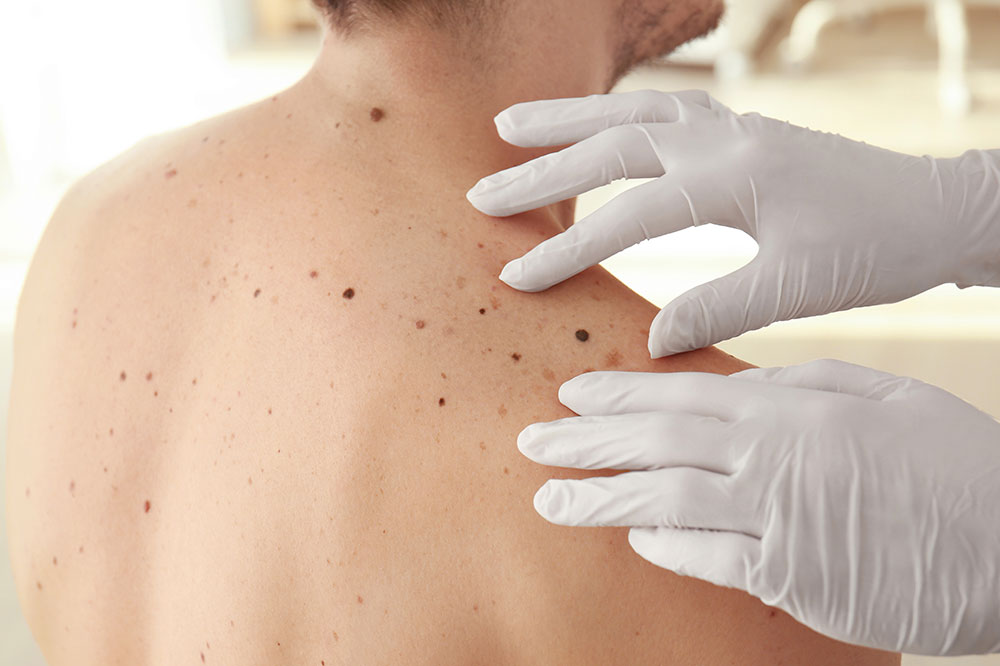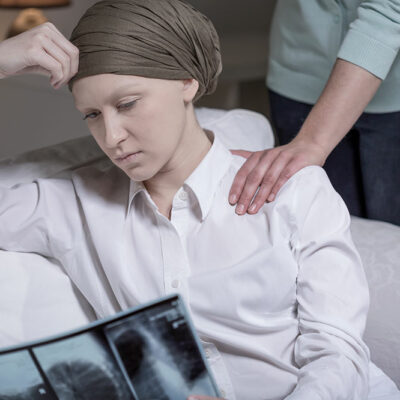
5 Tips to Reduce the Risk of Melanoma
Melanoma is quite rare and is diagnosed in only about 2 percent of the overall population suffering from skin cancer. It begins in the melanocytes, which are the cells that contain pigments called melanin. When a person is diagnosed with melanoma, their melanocytes start growing rapidly and start extending into the deeper layers of the skin. Given below are some tips on how to reduce the risk of developing melanoma.
5 top tips to reduce the risk of developing melanoma
1. Avoid tanning beds
The use of tanning beds has significantly increased over the years since more and more people want to have the perfect tan without going out in the sun and getting sunburnt. However, these tanning beds increase the risk of developing life threatening skin conditions like melanoma and other skin cancers. Due to their extensive use, melanoma is more commonly being observed in people between 25 and 29 years of age.
2. Stay in the shade
The best way to stay protected from the harmful rays of the sun, as recommended by most dermatologists, is by staying in the shade. Make sure you use protective clothing and gear when stepping out in the sun or if you are planning to stay out for a long period of time. Avoid stepping out of the shade, especially during the middle of the day when the sun rays are particularly harsh and intense.
3. Use SPF
Some people, either due to their occupation or their lifestyle, are unable to stay protected from the sun at all times. For such individuals, it is very important to invest in a good quality sunblock with high SPF. It is also important to apply sunscreen properly and cover all exposed areas of the skin for optimal protection. Inadequate sunscreen can often result in sunburns and weird tan lines.
4. Get new moles checked by a doctor
People with a lot of moles on their body are at a higher risk of developing melanoma and other types of skin cancers. While most moles are generally harmless, there are certain abnormal variants of moles called dysplastic nevi, that could potentially develop into melanoma. Getting these checked out when they first appear can help you eliminate any risk and prevent development of melanoma and skin cancer.
5. Maintain a healthy immune system
A person may have a weak immune system due to a variety of different reasons. People with autoimmune diseases or with viruses like HIV tend to have a weak immune system. Such people are more likely to develop melanoma. People who have undergone chemotherapy or radiation are also at risk of this type of cancer. It is especially important to protect children from the sun since their immune system is not strong enough yet to protect them from all risk factors of the condition.


